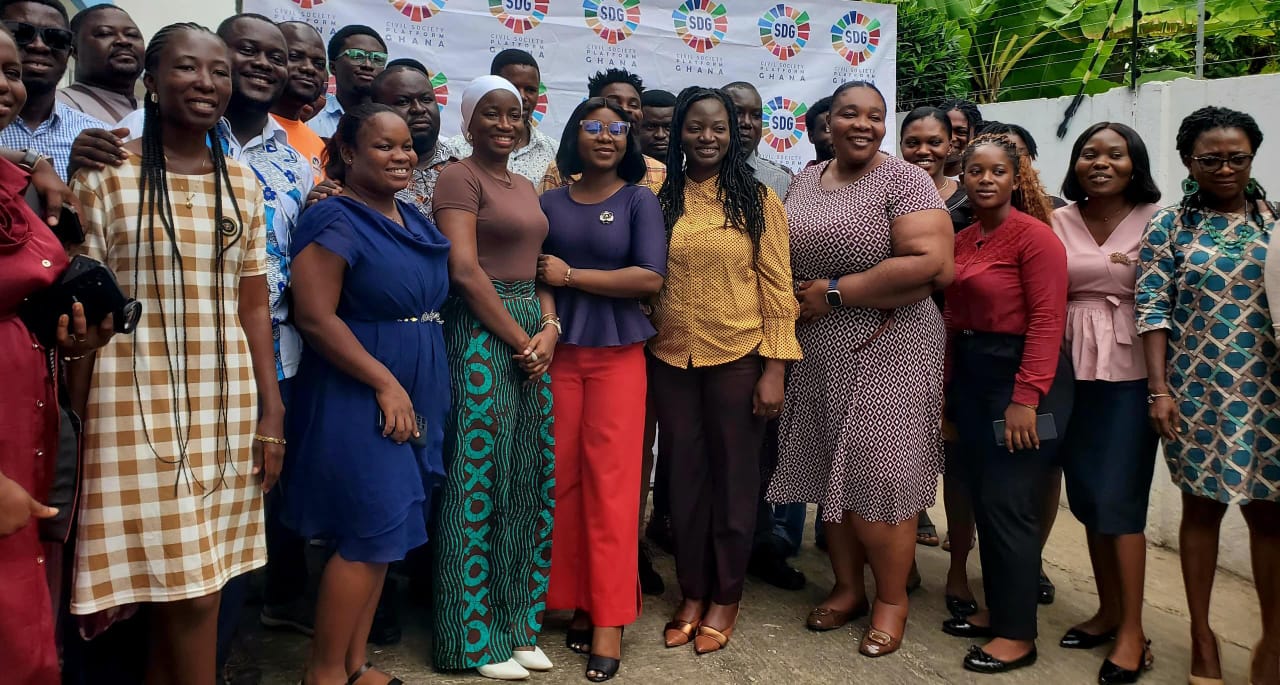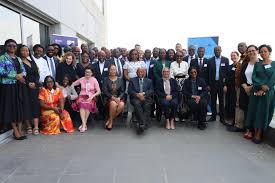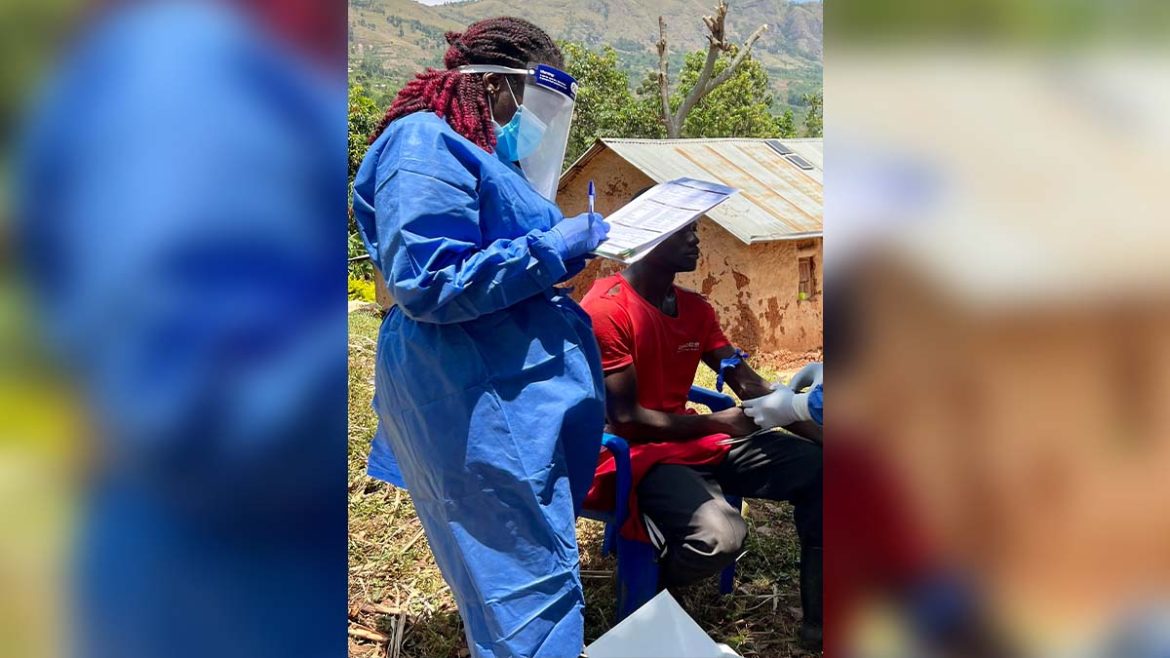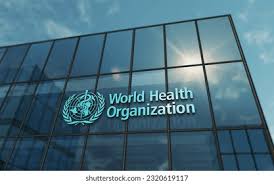As part of activities to mark World Menstrual Hygiene Day 2025, CSO Platform on SDGs Ghana, with support from Marie Stopes Ghana, held a training workshop for selected journalists across the country to strengthen their capacity in order to accurately report on menstrual health issues.
The training demystified some common myths and facts about menstruation, explored the Government of Ghana’s new policy to provide free sanitary pads for school girls, and discussed the vital role journalists play in ensuring the policy’s sustainability and impact.
In view of this, Civil Society Organizations (CSOs) platform on Sustainable Development Goals (SDGs) has held a capacity building workshop for the media, to strengthen their capacity on menstrual health reporting, with the focus on access to affordable sanitary pads and government interventions.
In Ghana, the media plays a significant role in promoting menstrual hygiene by increasing awareness and educating the public, especially adolescent girls, about proper hygiene practices.
Radio and television are particularly effective in reaching communities, while print and electronic media can provide in-depth information and support for organizations working on menstrual hygiene management.Studies shows that about 95% of girls use disposable sanitary pads, however about 60.3% argued that, even though its more safe comparing to the re-usable ones, its quiet expensive which mostly causes the vulnerable ones who cannot afford to be sexually abused by men.
Though government has intervened to supply free sanitary pads to basic and second cycle institutions, the media is charged to create more awarness on menstrual hygiene practices, the importance to access menstrual products, highlighting the positive aspects of menstrual hygiene and dispelling myths and stigma, the media can help shift negative attitudes towards menstruation.
Communication lead for Oxfam in Ghana, Achibald Adams, a member of the CSOs platform said very often across the country, there still some traditional belief that menstruation is a taboo thus instilling fear and low self esteem to the girl child which affects their mental well being.
He said, these narratives should be changed. The girl child needs to be protected, and educated on menstrual hygiene, he added.Championing the course of free sanitary pad initiatives by the government, he pledged his team support to achieve this good course.
Levlyn Konadu Asiedu, National Coordinator, CSOs Platform on SDGs emphasized that the media is the key voice for the vulnerable so there is the need to sensitize the media to spearhead the conversation on menstrual health management, the myth and misconceptions surrounding menstruation.
She charged the media to use their various channels to educate more on menstrual health for the girl child to be more enlightened. “These actions can help create a world where menstruation is no longer a barrier to education, opportunity, or dignity”, she added.
Share Us



